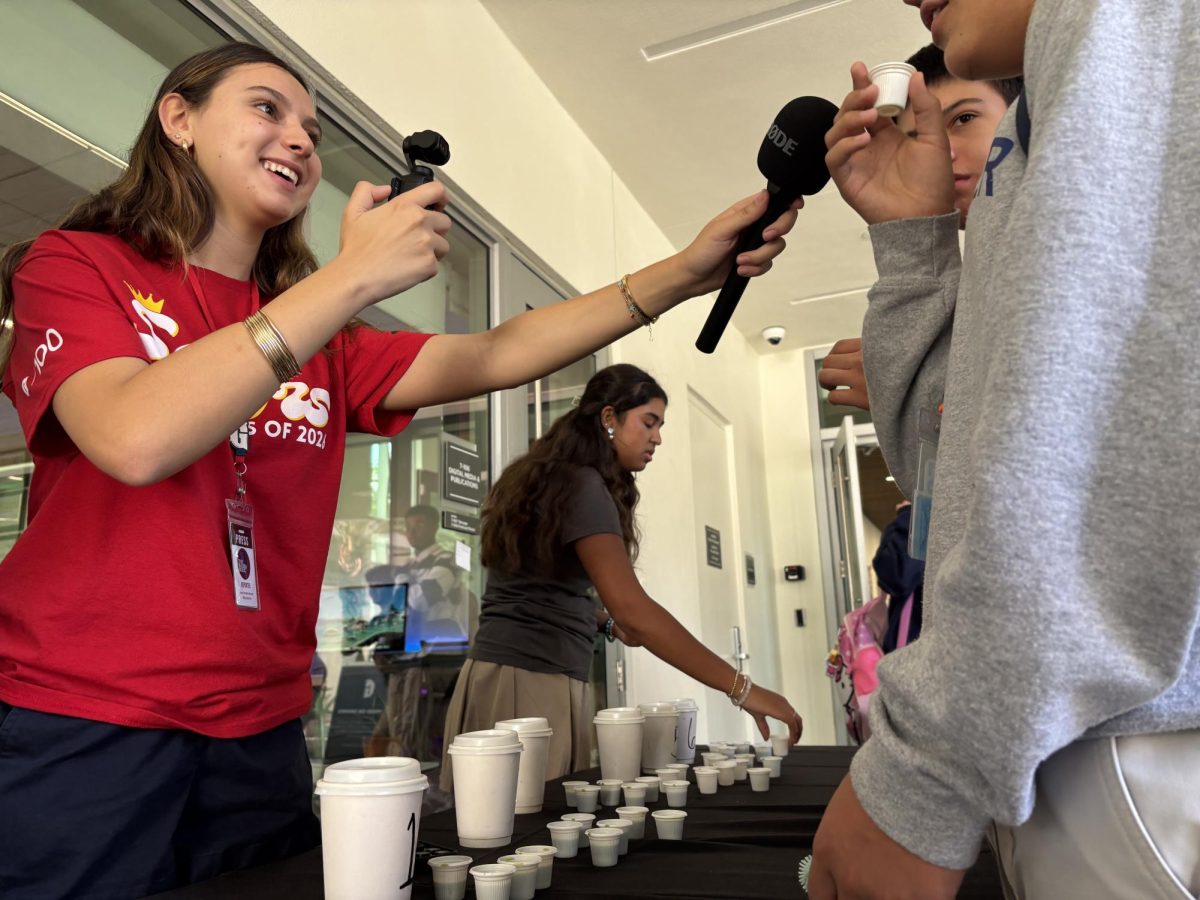In an effort to provide healthier food options on campus, the school administration implemented an initiative to eliminate food dyes, seed oils, wheat pizza dough, soda, and candy bars. These ingredients are being replaced with avocado oil, cauliflower-based dough, juice, and cleaner baked goods, both in the dining hall and vending machines.¬Ý
A study conducted by the National Institute of Health reported a relationship between food dye exposure and adverse neurobehavioral effects. Gastroenterologist at University of Miami, Dr. Oriana Mazorra added that seed oils, common in the Western diet, have a fatty acid profile that can predispose people to various diseases. Other hallmarks of this diet include saturated fats, animal protein, food additives, and added sugars such as soda and candy.¬Ý
‚ÄúThe Western diet is probably the most unhealthy dietary pattern in the world. It has been linked to all sorts of medical problems, including cardiovascular disease, obesity, autoimmune and inflammatory conditions, and even cancers,‚Äù Dr. Mazzora said.¬Ý
According to the Centers for Disease Control and Prevention (CDC), 41.9% of adults and 19.7% of children in the United States are obese. Furthermore, a study conducted by the British Cardiovascular Society¬Ý supports the relationship between fried, processed foods in the Western diet and heart disease. Demonstrating that in a diet with a high intake of fried foods, there is a 28% higher risk of major cardiovascular events like heart attack or stroke, a 22% increased risk of heart disease, and a 37% increased risk of heart failure. Eliminating Western diet staples can reduce the risk of these medical complications for students and faculty.
‚ÄúThis change has connected beautifully to our wellness policy because part of our [the Raider administration] mission is to see students thrive, and, for them to thrive, they have to be healthy,‚Äù Director of Operations and Risk Management Vivian Pacheco said.¬Ý
According to Pacheco, the feedback regarding the new changes has been mostly positive.
“I am excited by all of the healthy options provided for lunch. I know every time I come to work, I can always have a healthy meal. I’m

Although some support the new changes, others voiced concerns, especially over the removal of certain vending machine options, as well as the omission of soda in the Dining Hall.¬Ý
“I’m very happy the school is encouraging us to make better choices, but I’m a little upset that they took away many of the vending machines and their options. I wish we as students had more of a say in the change,” sophomore Alexandra Naumovich said.
Dr. Mazorra emphasized that sodas and candy bars, heavy in added sugars, damage gut health and fuel harmful bacteria. This imbalance creates a pro-inflammatory microbiome‚Äîthe genetics of gut bacteria‚Äîworsening¬Ý the risk for neurologic diseases like Parkinson‚Äôs, among other diseases. Because of this, the school administration views the adjustments as an investment in student well-being.
“Sometimes when students have unhealthy options available to them, they make poor choices. So taking a lot of that out allows for them to make good choices without even knowing they’re making them, which will benefit them in the long run,” Pacheco said.










![Return To Class: A student receives a tardy slip in the attendance office after arriving late to class. The event displayed how the new point system tracks punctuality, emphasizing responsibility. “I'm happy that they [the administration] instituted something like this new point formula to provide consistency to how teachers are going to approach each infraction,” ninth-grade literature teacher James Johnson said.](https://theraidervoice.com/wp-content/uploads/2025/08/Screenshot-2025-08-27-at-5.30.09-PM.png)
